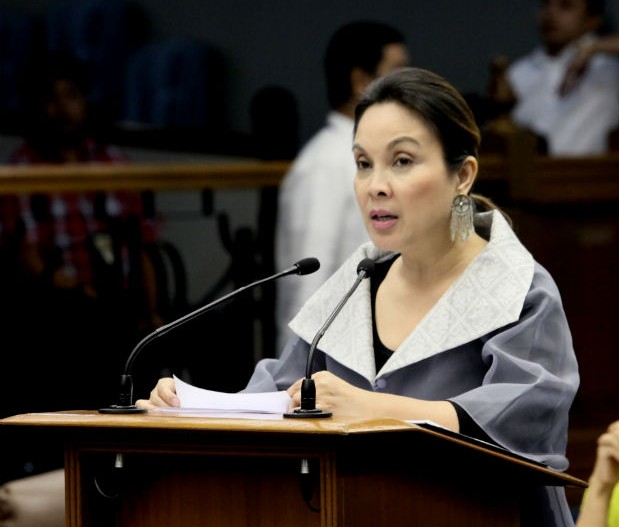The P1-billion allocation for the government’s family health and responsible parenting (FHRP) program was cut from the 2016 budget and redirected to the purchase of air assets for the military and to the increase of the budgets of state colleges and universities.
Sen. Loren Legarda, Senate finance committee chair, made this statement even as she pointed out that another portion of the amount, which was supposed to go to the Department of Health (DOH) program, was realigned within the same department to provide for the health facilities and medical assistance to indigent patients.
Sen. Pia Cayetano, the principal sponsor of the reproductive health (RH) law in the Senate, said she was shocked at the funding reduction, especially since she had asked for details at every stage of the deliberations of the budget.
Work in progress
“This was a work in progress and the detailed amendments were not readily available. Thus, we work on a basis of trust—that the chair of the finance committee would not make significant changes without informing the body, or in the case of RH, no major changes will be made without informing me, knowing that I sponsored the measure,” Cayetano said.
Sen. Miriam Defensor-Santiago, who is on medical leave from the Senate, said she was “appalled” at the cut from the reproductive health program budget.
Santiago said the slash in funding could deprive seven million women of reproductive health services.
“This abandonment is immoral in a country where some 200 out of 100,000 women who give birth die. The enemies of reproductive health never sleep. We, too, must not rest in fighting for women’s health,” she said.
Reneging on obligation
Former Albay Rep. Edcel Lagman, the law’s main proponent in the House of Representatives, also said the Senate reneged on its obligation to fund the law.
Legarda justified the P1-billion cut, saying that in 2015, the DOH only utilized a small portion of the fund for the FHRP.
“The decision to cut the allocation for FHRP was done after assessing its possible impact on the program,” she said in a statement.
She noted that as of June 2015, the DOH status of funds showed that of the P3.27-billion allocation for the program, only P955 million, or 29 percent, was obligated.
“For the remaining six months, P2.3 billion or 71 percent has yet to be obligated. The unused 2015 budget is still available in 2016 and the agencies may augment deficient items from their savings,” she said.
Legarda also said the increase in the funding of the Department of National Defense, from the cut in the FHRP budget, was “timely and equally important given the West Philippine Sea issue.”
The international development agency United Nations Population Fund (UNFPA) on Friday said the move can slow down the country in achieving its target to reduce maternal deaths.
Futile without funds
In a statement, UNFPA country representative Klaus Beck said the reproductive health law will be futile in the absence of funding for contraceptives, an essential element of any family planning program.
Health Secretary Janette Garin, one of the authors of the reproductive health law, said the DOH had originally earmarked P1 billion out of its proposed 2016 budget of P124 billion to cover the free provision of contraceptives at health centers.
She said the supply of contraceptives purchased with the health agency’s budget last year would only last up to March this year.
In a separate statement, the Philippine Legislators’ Committee on Population and Development (PLCPD) said the deletion of the budget allocated for contraceptives was unacceptable as this will deny poor Filipino couples access to medically safe, nonabortifacient and effective reproductive health care services and commodities.
